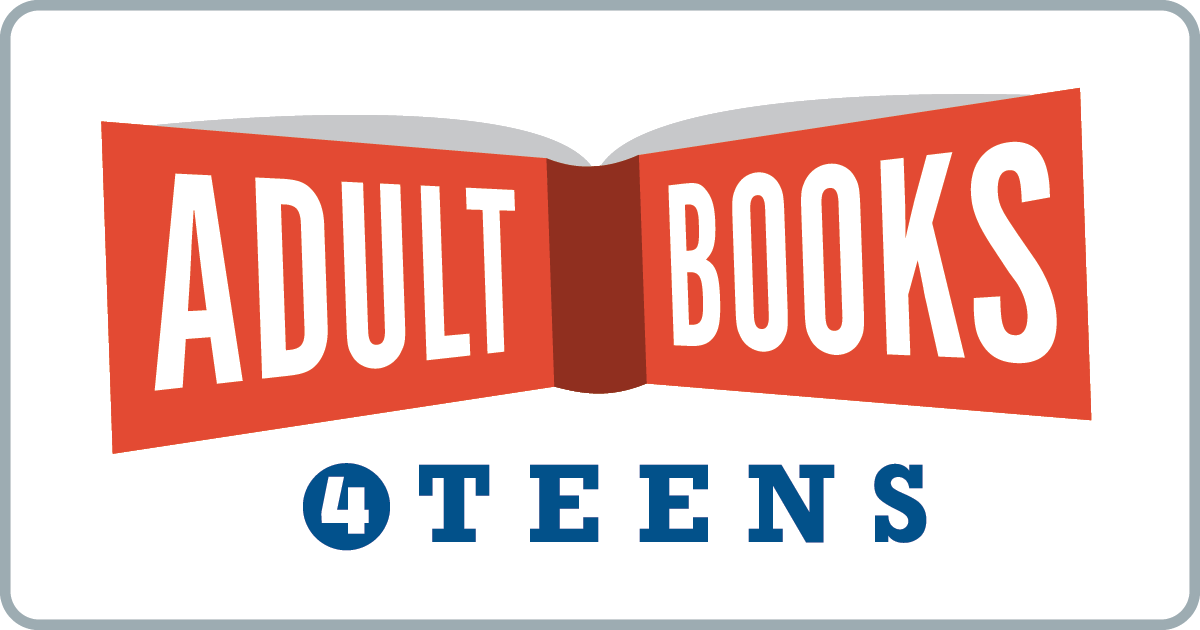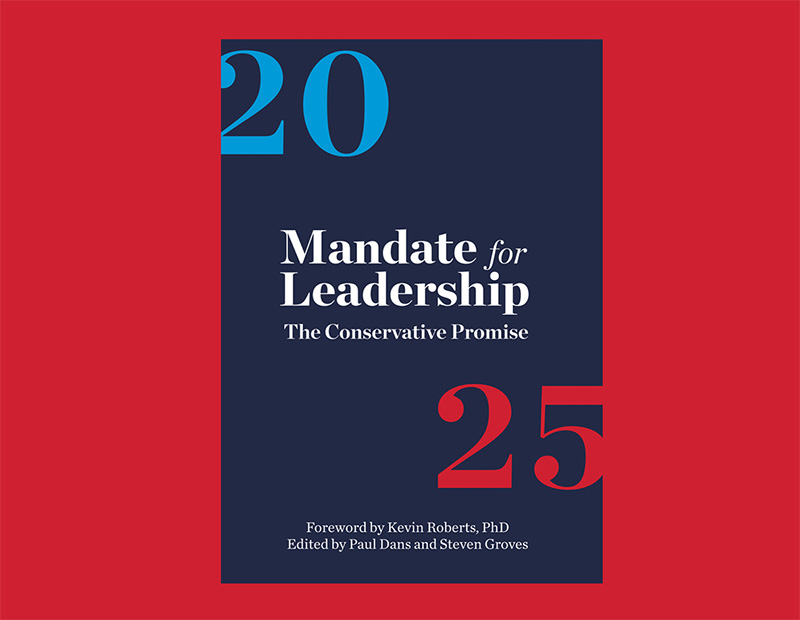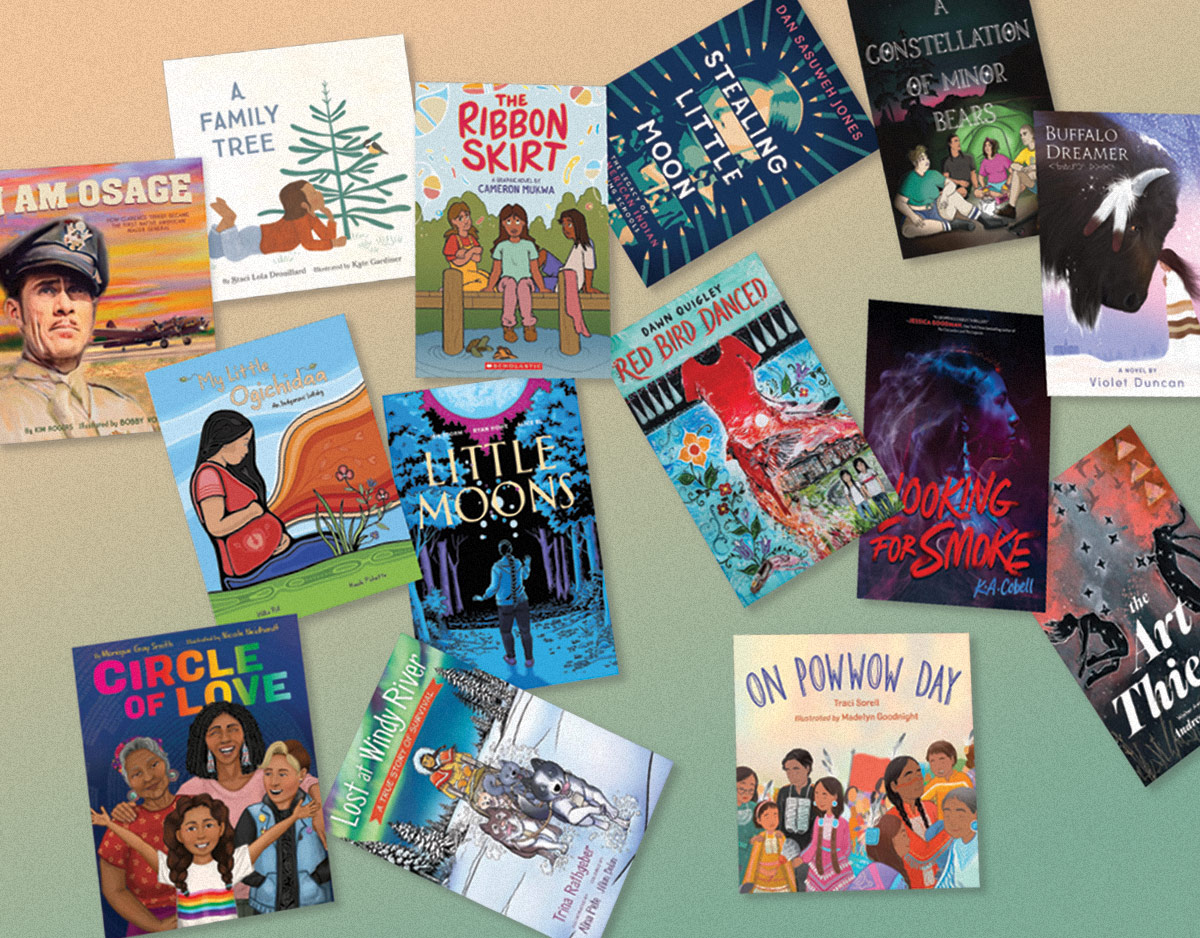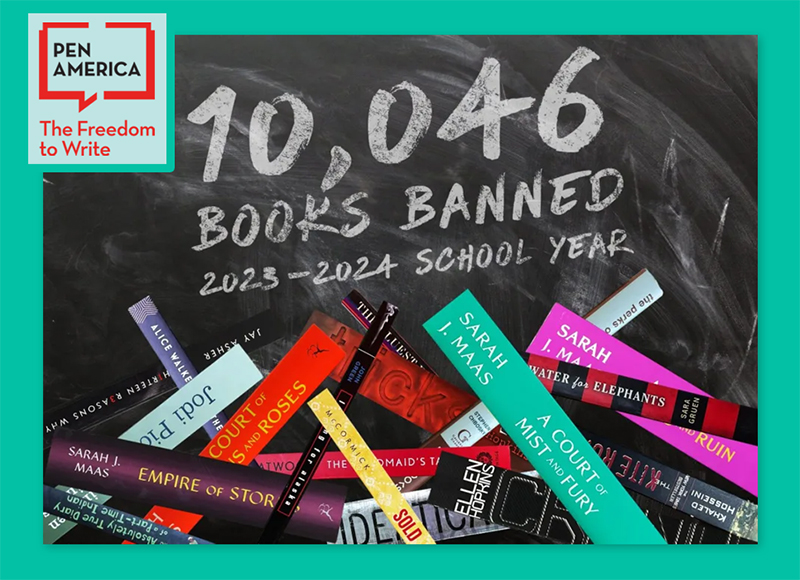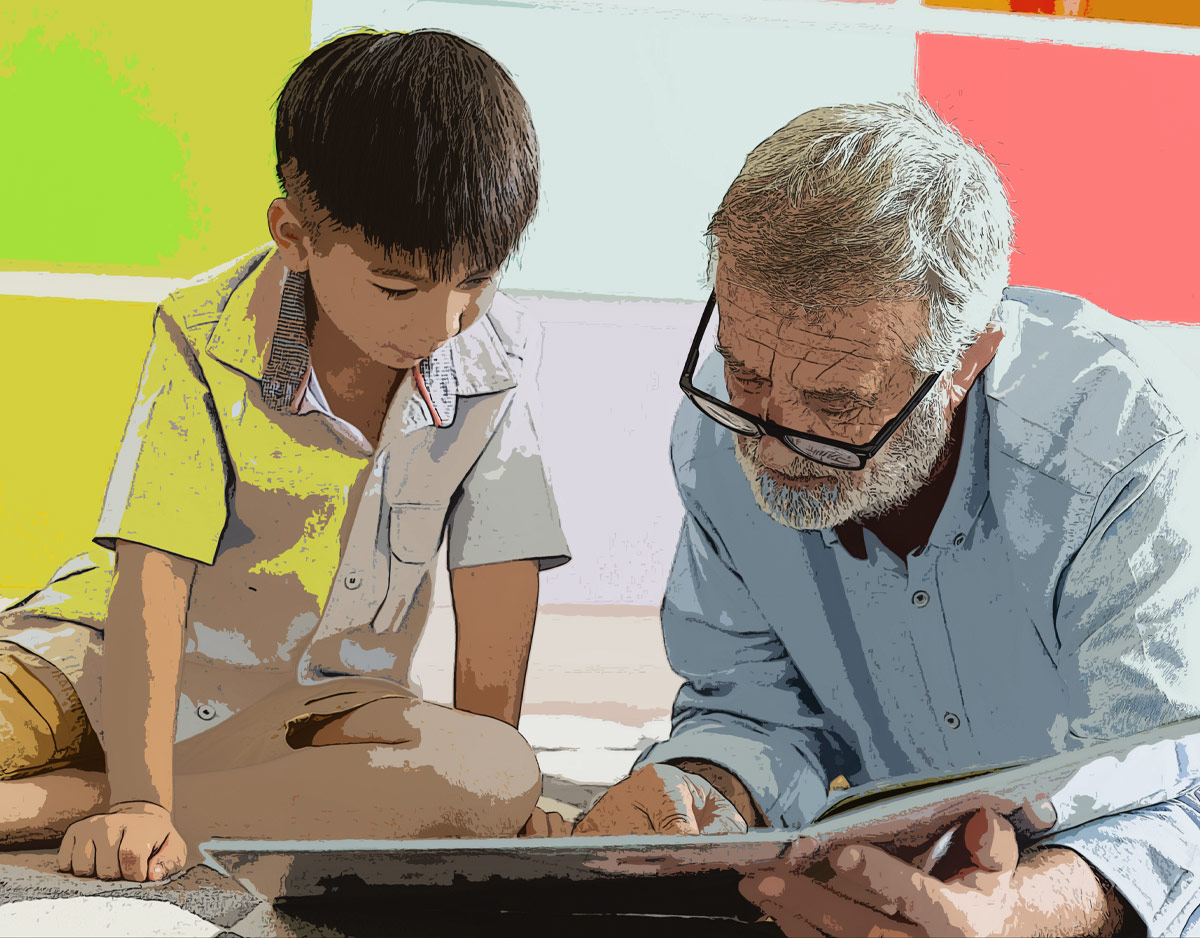SCROLL DOWN TO READ THE POST
Poetry Roundup
Well, it’s taken me four and a half months, but I’ve finally managed to get together another post on poetry. I’m very excited about all four of the books we have for you today. Mei-mei Berssengbrugge and Gregory Orr are the same age (born 1947) and are both seasoned hands, with many poetry collections and other writing behind them. Their new collections are both highly lyrical affairs which should appeal to teen fans of more traditional modern poetry.
Kevin Coval, much younger, with just one other collection to his name, is altogether more avant garde, although sometimes his attempts at being “out there” have a way of falling flat. Nevertheless, his humorous take on Jewish life in the 21st century is a breath of fresh air, and his easy integration of pop music, in particular Hip Hop, into his style and allusions should make his poetry attractive to young people looking for something that speaks directly to them.
ADVERTISEMENT
ADVERTISEMENT
The final book we have is an anthology: The Best American Poetry 2013. This series, edited by David Lehman, has been plagued in the past by controversy and petty in-fighting: the classic example being the feverish attacks by and against Harold Bloom for his guest editorship of the Best of 1988-1997 volume. Fortunately, this most recent anthology seems relatively free from controversy, and guest editor Duhamel has wisely chosen to draw from many different strains of American poetry, rather than picking a side as Bloom and his attackers did. The result is, of course, uneven in both style and quality, but its breadth more than makes up for this unevenness. Indeed, a High School English teacher could do much worse than assigning this book for a unit on poetry, rather than the same old poems we all read in school.
In any case, between them, these four books contain a tremendous amount of vital poetry which is begging to be read by teens.
BERSSENBRUGGE, Mei-mei. Hello, the Roses. 93p. New Directions. 2013. pap. $16.95. ISBN 978-0-8112-2091-0. LC 2012050322.
 Adult/High School-In her 12th volume of poetry, Beijing-born Berssenbrugge writes of her experiences observing plants and animals in different locations. Flowers and color are particularly central as she vividly describes the rose in the title poem: “From a small bud emerges a tight wound bundle of babyskin coral petals, held in/a half globe, as if by cupped hands./Then petals are innumerable, loose, double, sumptuous, unified./I look through parted fingers to soften my gaze, so slow light shining off the/object is filtered; then with feeling I look at swift color there.” Eschewing the fragment-heavy style of much contemporary poetry, these poems consist of fairly straightforward sentences for the most part, a format that should be pleasing to many readers, teen and adult alike. For example, in “A Placebo,” Berssenbrugge writes, “I enter from the back of the room, pausing at the hopeful energy of people/gathered to see me.” In the section called “The New Boys,” the words are easily read yet combine for an amusing poem: “I may not buy his rationale about exploring concrete reality, such as wilderness/camping or car repair.” And, “If it weren’t for their shadows, these lightheads, boys, would have trouble staying/ on the planet.”-Karlan Sick, Library Consultant, New York City
Adult/High School-In her 12th volume of poetry, Beijing-born Berssenbrugge writes of her experiences observing plants and animals in different locations. Flowers and color are particularly central as she vividly describes the rose in the title poem: “From a small bud emerges a tight wound bundle of babyskin coral petals, held in/a half globe, as if by cupped hands./Then petals are innumerable, loose, double, sumptuous, unified./I look through parted fingers to soften my gaze, so slow light shining off the/object is filtered; then with feeling I look at swift color there.” Eschewing the fragment-heavy style of much contemporary poetry, these poems consist of fairly straightforward sentences for the most part, a format that should be pleasing to many readers, teen and adult alike. For example, in “A Placebo,” Berssenbrugge writes, “I enter from the back of the room, pausing at the hopeful energy of people/gathered to see me.” In the section called “The New Boys,” the words are easily read yet combine for an amusing poem: “I may not buy his rationale about exploring concrete reality, such as wilderness/camping or car repair.” And, “If it weren’t for their shadows, these lightheads, boys, would have trouble staying/ on the planet.”-Karlan Sick, Library Consultant, New York City
 Adult/High School–From the title and cover image to the jokes about Mel Gibson, the primary mode in Coval’s collection is humor: puns and sex jokes, Don Rickles, and Barbra Streisand. Indeed, at times Coval seems positively eager not to be taken seriously, but hidden among his jokes and playful syntax is a major statement, or rather a series of statements, about how to integrate America and Judaism. In 10 sections of varying lengths, Coval manages to touch on seemingly every aspect of Jewish-American life–the family, assimilation, anti-Semitism, comedy, nose jobs, shiksas, Israel, and the relationship between blacks and Jews. That last topic, in fact, dominates, not only in length but in its integration throughout the collection, as Coval is particularly enamored of Hip Hop and makes copious allusions to rappers and songs, and use of Hip-Hop stylings. Only in the section on anti-Semitism does Coval falter, edging a bit too close to reverse-prejudice. But even here, his good humor and humanism shine through. Formally inventive and heavily allusive (in fact reliant on readers’ knowledge of at least the basics of Judaism), these poems demand serious attention, but no more than many of the modernists teens study in high school. And Coval’s poetry has the advantage of being much funnier than Eliot (though perhaps not as much fun as cummings at his finest), and is well worth the effort.–Mark Flowers, John F. Kennedy Library, Vallejo, CA
Adult/High School–From the title and cover image to the jokes about Mel Gibson, the primary mode in Coval’s collection is humor: puns and sex jokes, Don Rickles, and Barbra Streisand. Indeed, at times Coval seems positively eager not to be taken seriously, but hidden among his jokes and playful syntax is a major statement, or rather a series of statements, about how to integrate America and Judaism. In 10 sections of varying lengths, Coval manages to touch on seemingly every aspect of Jewish-American life–the family, assimilation, anti-Semitism, comedy, nose jobs, shiksas, Israel, and the relationship between blacks and Jews. That last topic, in fact, dominates, not only in length but in its integration throughout the collection, as Coval is particularly enamored of Hip Hop and makes copious allusions to rappers and songs, and use of Hip-Hop stylings. Only in the section on anti-Semitism does Coval falter, edging a bit too close to reverse-prejudice. But even here, his good humor and humanism shine through. Formally inventive and heavily allusive (in fact reliant on readers’ knowledge of at least the basics of Judaism), these poems demand serious attention, but no more than many of the modernists teens study in high school. And Coval’s poetry has the advantage of being much funnier than Eliot (though perhaps not as much fun as cummings at his finest), and is well worth the effort.–Mark Flowers, John F. Kennedy Library, Vallejo, CA Adult/High School-Orr’s collection contains three poem-stories, each taking a unique look into words-words as thoughts, words as poems, words as feelings. In the first sequence, “Eden and After,” readers meet God and Adam and Eve, for whom words are the embodiment of the wonder of the making of a new world, and the discovery of human need that thrusts them out of their paradise. Entering the “City of Poetry”-the second sequence-readers see that houses are words and poems; poets’ homes are the distinctive architecture of their words, and one can escape to the City for all kinds of reasons. Orr plays with the metaphor of poem as “city” and bounces it right back into “city” as poem. The last sequence, “River Inside the River,” investigates the words that bring us from life into death and back into life again. Each poem adds dimension to its story and brings readers to an understanding of how words are integral to life-and have been from the beginning of the world. Each sequence of poems belongs together as a story and, while there are individual poems that can work alone, completely understanding them requires the arc of the whole story. There is much to enjoy here with the interplay of words and thoughts, and poetry-loving teens will have much to discuss and explore. Many will appreciate the longer “story” that helps to frame each poem.-Connie Williams, Petaluma High School, CA
Adult/High School-Orr’s collection contains three poem-stories, each taking a unique look into words-words as thoughts, words as poems, words as feelings. In the first sequence, “Eden and After,” readers meet God and Adam and Eve, for whom words are the embodiment of the wonder of the making of a new world, and the discovery of human need that thrusts them out of their paradise. Entering the “City of Poetry”-the second sequence-readers see that houses are words and poems; poets’ homes are the distinctive architecture of their words, and one can escape to the City for all kinds of reasons. Orr plays with the metaphor of poem as “city” and bounces it right back into “city” as poem. The last sequence, “River Inside the River,” investigates the words that bring us from life into death and back into life again. Each poem adds dimension to its story and brings readers to an understanding of how words are integral to life-and have been from the beginning of the world. Each sequence of poems belongs together as a story and, while there are individual poems that can work alone, completely understanding them requires the arc of the whole story. There is much to enjoy here with the interplay of words and thoughts, and poetry-loving teens will have much to discuss and explore. Many will appreciate the longer “story” that helps to frame each poem.-Connie Williams, Petaluma High School, CA
 Adult/High School-Duhamel, guest editor of this entry in Scribner’s fantastic-if often controversial-series, notes in her introduction that where previous editors have focused on defining “best” or “poetry,” she “struggled most with the word ‘American.’” This admission speaks volumes about her selection criteria: rather than defend a particular strand of poetry or “poetry” as the best, she is more interested in offering as broad a slice of American works as possible, with a particular focus on what it means to be American. Thus, readers are treated to poets traditionalist and avant-garde, young and old, and everything in between, and are free to make their own evaluations of what form of poetry suits them. Not to say that all the selections represented are equally good. Timothy Donnelly’s “Apologies from the Ground-Up,” Dorothea Lasky’s “Poem for Anne Sexting,” and James Tate’s “The Baby” stand out as among the most impressive overall. Meanwhile Aaron Smith’s “What It Feels Like to Be Aaron Smith,” and Sherman Alexie’s “Pachyderm” acquit themselves especially well for teens. Overall, this volume should be of particular interest to students and teachers of high school English classes, which often only make it up to modernism, as it offers dramatic evidence of the continued vitality and relevance of several strains of American poetry.-Mark Flowers, John F. Kennedy Library, Vallejo, CA
Adult/High School-Duhamel, guest editor of this entry in Scribner’s fantastic-if often controversial-series, notes in her introduction that where previous editors have focused on defining “best” or “poetry,” she “struggled most with the word ‘American.’” This admission speaks volumes about her selection criteria: rather than defend a particular strand of poetry or “poetry” as the best, she is more interested in offering as broad a slice of American works as possible, with a particular focus on what it means to be American. Thus, readers are treated to poets traditionalist and avant-garde, young and old, and everything in between, and are free to make their own evaluations of what form of poetry suits them. Not to say that all the selections represented are equally good. Timothy Donnelly’s “Apologies from the Ground-Up,” Dorothea Lasky’s “Poem for Anne Sexting,” and James Tate’s “The Baby” stand out as among the most impressive overall. Meanwhile Aaron Smith’s “What It Feels Like to Be Aaron Smith,” and Sherman Alexie’s “Pachyderm” acquit themselves especially well for teens. Overall, this volume should be of particular interest to students and teachers of high school English classes, which often only make it up to modernism, as it offers dramatic evidence of the continued vitality and relevance of several strains of American poetry.-Mark Flowers, John F. Kennedy Library, Vallejo, CA
Filed under: Poetry
About Mark Flowers
Mark Flowers is the Young Adult Librarian at the John F. Kennedy Library in Vallejo, CA. He reviews for a variety of library journals and blogs and recently contributed a chapter to The Complete Summer Reading Program Manual: From Planning to Evaluation (YALSA, 2012). Contact him via Twitter @droogmark
ADVERTISEMENT
SLJ Blog Network
Winter Light: An Aaron Becker Interview and Video Trailer Reveal!
Tegan and Sara: Crush | Review
Take Five: Dogs in Middle Grade Novels
The Classroom Bookshelf is Moving
Gayle Forman Visits The Yarn!
ADVERTISEMENT
ADVERTISEMENT

